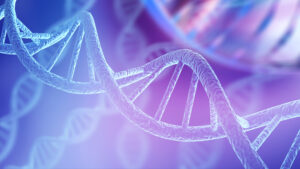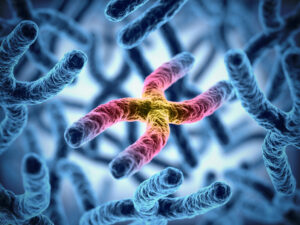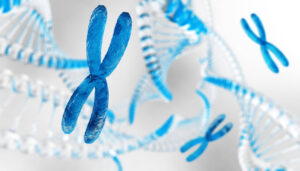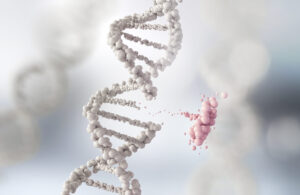
What is Autosomal Recessive Inheritance?
Autosomal recessive inheritance refers to how some genetic changes, or rare diseases, are passed down from parents to their offspring. With autosomal recessive inheritance, the precise chromosomes affected are autosomal. This means the gene mutation responsible for causing an autosomal recessive rare disease or disorder, is located on one of the first 22 non-sex chromosomes. […]










